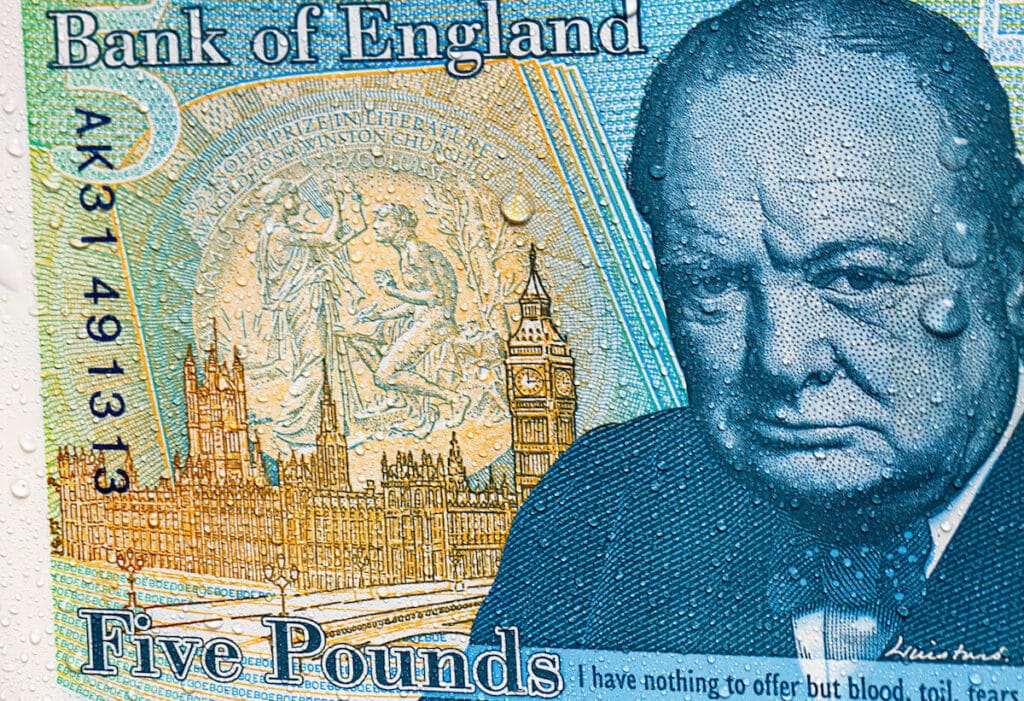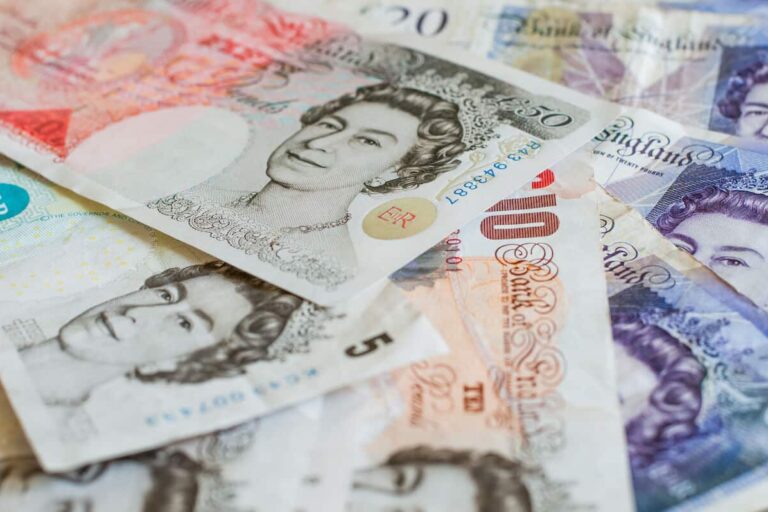The British pound sterling, often referred to simply as the pound (£), is one of the oldest and most widely used currencies in the world. For centuries, it has served as the backbone of the British economy and a symbol of stability and trustworthiness. But what makes the currency unique, and why is it so deeply ingrained in both the UK and global economies?
This guide will not only explain the features and history of the UK pound but also provide insights into its role in day-to-day life, its denominations, and its position in international finance.
What is the British Pound?
The British pound, officially called the pound sterling (ISO code GBP), is the United Kingdom’s official currency. It is the oldest continuously used currency, with roots tracing back more than 1,200 years to Anglo-Saxon England.
One pound is divided into 100 pence (commonly referred to as “p”).
Features of the Pound Sterling
Stability and Trustworthiness
The pound is recognized globally for its stability and has often been considered a “safe haven” currency during times of economic uncertainty.
Banknotes and Coins
The UK currency is divided into paper banknotes and metal coins, each with unique designs and security features.
Banknote Denominations
- £5
- £10
- £20
- £50
Banknotes in the UK feature prominent historical figures such as Winston Churchill, Jane Austen, and Alan Turing. New polymer banknotes are now in circulation, offering greater durability and enhanced security features.
Coin Denominations
- 1p, 2p, 5p, 10p, 20p, and 50p coins
- £1 and £2 coins
Coins often incorporate iconic British symbols, like the Royal Arms, and are designed to reflect the culture and history of the UK.

The Role of the Pound in Day-to-Day Life
For residents of the UK, the pound plays an integral role in daily transactions, from grocery shopping to public transportation. London’s financial markets, including the London Stock Exchange, also emphasize the value of the pound in global finance.
Additionally, the British pound is commonly used when traveling to countries near the UK, such as Gibraltar and the Falkland Islands, as they use either the pound or their own currency pegged to it.
How the British Pound Shapes Global Finance
The pound is one of the world’s most traded currencies, alongside the US dollar (USD), euro (EUR), and Japanese yen (JPY). It is a key player in foreign exchange reserves, international trade, and investment.
British banks and financial institutions often facilitate transactions in pounds, making it a go-to option for global businesses dealing with the UK.
Summary of Key Benefits
- Time-Tested Reliability
The pound sterling has a rich history and stands as a symbol of economic resilience.
- Security Features
UK banknotes and coins are packed with advanced technology to thwart counterfeiting.
- Global Impact
The pound’s influence goes well beyond British borders, making it a powerhouse in international finance.
FAQ Section
What countries use the British pound?
The pound sterling is used in England, Scotland, Wales, and Northern Ireland. Additionally, some overseas territories, like Gibraltar, the Falkland Islands, and Saint Helena, use versions of the pound.
What is the current exchange rate?
Exchange rates fluctuate daily based on the foreign exchange market. Use trusted services or banks to check current exchange rates.
Are Scottish and Northern Irish notes accepted in England?
Yes, but they are viewed as less common. Shops may accept them at their discretion.
Why are some UK coins different sizes and shapes?
The unique sizes and shapes of UK coins make them easier to identify, especially for the visually impaired.
Next Steps
Whether you’re planning a trip to the UK, exploring the world of global finance, or simply expanding your currency knowledge, understanding the British pound is essential. Want to learn more about international markets or travel tips? Explore our resources and guides.
